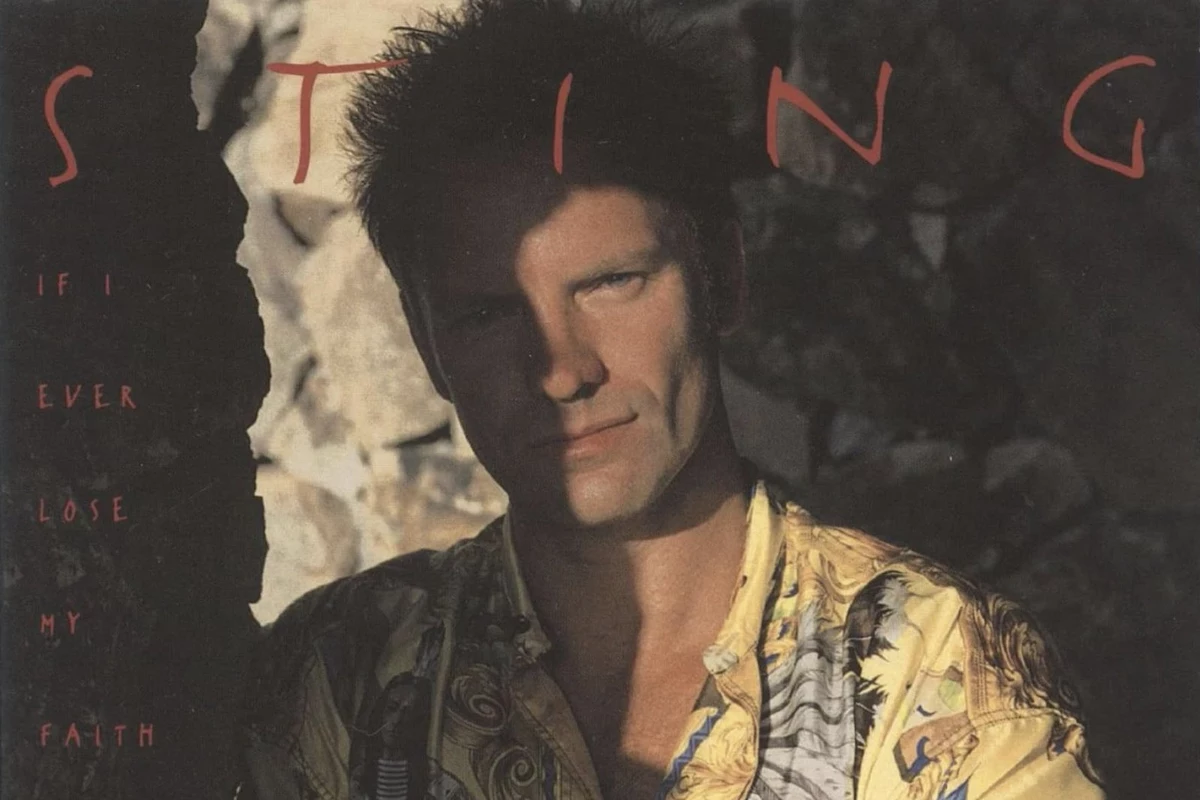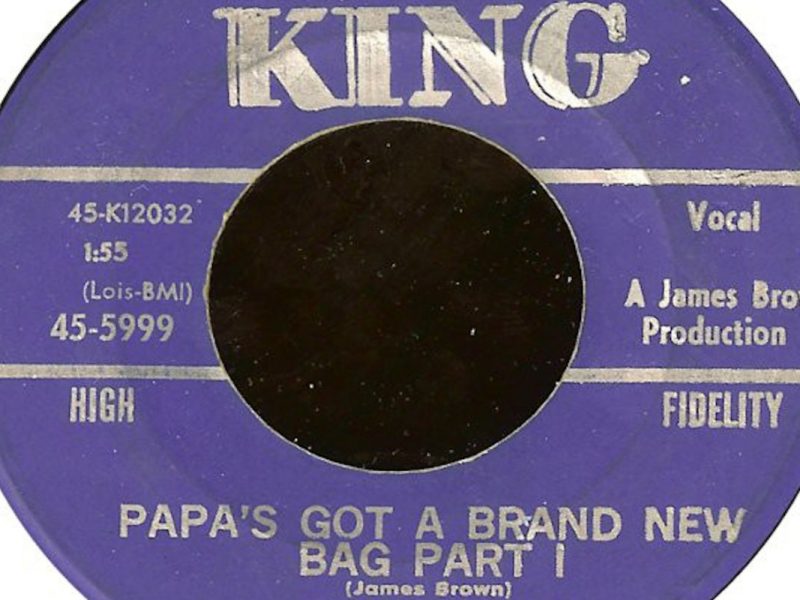The Soul Cages had turned into an intimate requiem for Sting’s father. Cathartic though it may have been, the 1990 LP left him searching for how to begin again.
“If I Ever Lose My Faith in You” was the key that unlocked everything. “I knew it had a hook. I thought it could be a flagship,” Sting told Rolling Stone in 1993. “Once you’ve got a flagship, you can sail – but until you’ve got one of those, there’s not really much point in putting a record out.”
Released on Feb. 1, 1993, “If I Ever Lose My Faith in You” served as an advance single for Ten Summoner’s Tales in every sense. The track was undeniably hooky, yet is built off an odd tritone. The lyrics talked with some depth about the times that try a person’s heart – without defining the final thing that could break it.
Those kinds of complexities defined Ten Summoner’s Tales, which was at once fizzier than The Soul Cages but no less smart. Even the title plays with expectations, as the Summoner was both a rascal from Chaucer’s Canterbury Tales and the roots of Sting’s given surname. “I was in a garden,” the former Gordon Sumner later told Billboard, when the title phrase “just came to me, as I was walking a field.”
The results, guided along by the No. 17 hit “If I Ever Lose My Faith in You,” became “a pop record in the truest sense. I loved making it,” Sting told the Deseret News in 1993. “I had to make it, just as I had to make the last one. Being on the rebound from that very dark record, this time I wanted to make one for the fun of it, the craft of it – to engage the band musically.”
Not everything flowed so easily as the album title, including nailing down the narrative on “If I Ever Lose My Faith in You.” Sting discovered that some truths were easier to get at than others.
Listen to Sting’s ‘If You Ever Lose My Faith in You’
“The song is in two distinct parts. The first part is about the things I’ve lost faith in,” he said at the time. “It’s quite easy to be precise about the things I’ve lost faith in – politics, media, science, technology, the things that everybody has, and yet I along with most other people have a great deal of hope and a feeling that things will and can get better.
“So what do we place our faith in?” Sting asked rhetorically. “I can’t define that as easily as I can define what I don’t believe in anymore.”
In the end, he decided not to. “I’ve just said if I ever lose my faith in you,” Sting added, “and ‘you’ could be my producer, it could be faith in God, it could be faith in myself – or it could be faith in romantic love. It could be all of those things, I don’t define it. I think it’s important not to define it because once you can define something, it evaporates. I think it’s important in this day and age when we are dictated to by music television what a particular song is about, that the old ambiguity that songs had can be retained.”
“If I Ever Lose My Faith in You” became his last non-soundtrack Top 20 hit, and even back then Sting was amazed by its utter ubiquity. “I got a prize for this. It was the most played record on American radio in 1993, which kind of surprised me,” he admitted to the Independent in 1994. “But I suppose it captured a mood. We’ve lost faith in a lot of institutions, our government, our churches – most things. And yet we still maintain a sense of hope about the future.
“I’m not sure where that hope is pinned, but it’s there somewhere,” Sting continued. “I’m never specific, in the song, about what I have faith in still. It could be in romantic love, it could be in another person, it could be in myself, it could be in God – and yet I’m very specific about the things I have lost faith in. I think that captured a mood, and people responded to it. Or maybe they just responded to the melody.”
Rock’s Most Dysfunctional Bands
Oh sure, it’s all fun and games at first. Then underlying issues start bubbling up.



